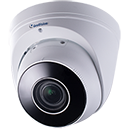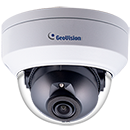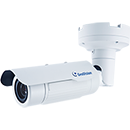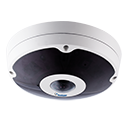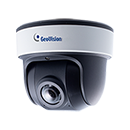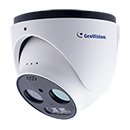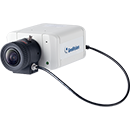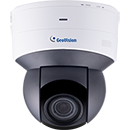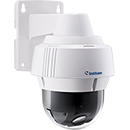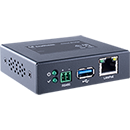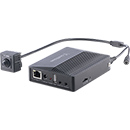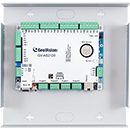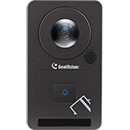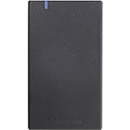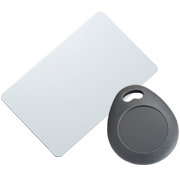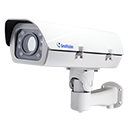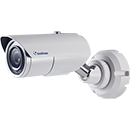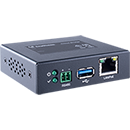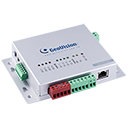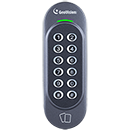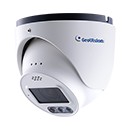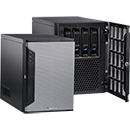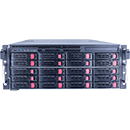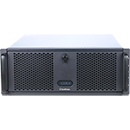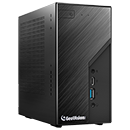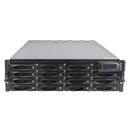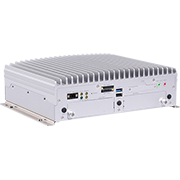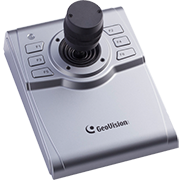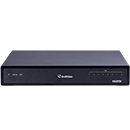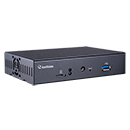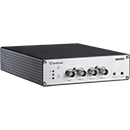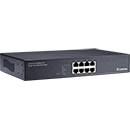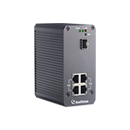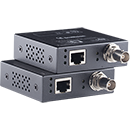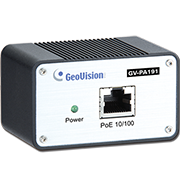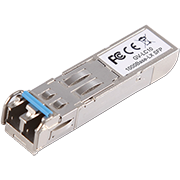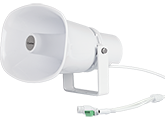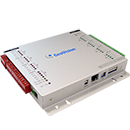
Owners and operators of commercial facilities are no longer looking for individual security solutions. Today they want a package that offers all the aspects of security they need. Whether a property is owner-occupied or tenant-occupied, providing the most efficient security to ensure the safety of people and the protection of intellectual and physical property is critical.
Employees that commit theft, armed robbery and information theft are major concerns and companies invest heavily with the aim of bolstering security, protecting people, and solving security problems. This requires alarms, fire protection systems, video surveillance, access control systems, and intrusion detection devices. All technology that, in the hands of capable security operators, can significantly reduce risk, cut losses and keep people safe.
The problem, however, comes with the challenge of keeping security staff trained on distinct standalone systems. If each of the key components of security – namely intrusion detection, access control, and video surveillance – is purchased separately, the training and administration thereof can become a costly burden.
Instead of having intrusion alarms on one system, administering access control on another standalone database and having intelligent digital video technology run elsewhere on its own dedicated equipment, integrating these separate systems under a flexible automated system eliminates the need to have separate service, maintenance, administration, and training for each system. An integrated solution allows office park administrators and the like to realise a lower upfront investment for a security system that is more powerful. Installation and training occur on a single system and running costs like service and maintenance are also cut significantly, as one company becomes responsible for all of that.
An efficient, automated integrated system would be worthless without high-quality input devices. IP cameras are an important security component at office parks, buildings, in hallways as well as parking areas. This is where efficiency can be improved even further in the commercial environment, by using next-generation component devices. Ultra-high resolution cameras (4K cameras) can be used in the surveillance security, and these newer cameras have embedded processors that enable video to be compressed within the device and transmitted in real-time over IP networks to network video recorders (NVRs) that centrally manage video feeds from numerous IP cameras.
Streaming video can be continuously recorded and if an incident occurs, disk indexing and time-stamping make it easier to find video from a set date and time. As for the implications of the Protection of Personal Information Act on surveillance footage, the system’s video management software has the facility to re-record over the oldest information.
Where, in some organisations footage is required to be digitally available and stored for a period of 30 days (or longer), the NVR will replace expired footage when the network storage space has been depleted. Where, for example, PoPI states that certain information cannot be kept for more than 30 days, the management system can be programmed so that it erases information after 30 days.
How is this possible? Behind the CCTV system lies an intelligent video analytics engine that increases the productivity of security staff that are tasked with monitoring many IP cameras. This technology examines the 4K camera’s field of view for patterns of movement that indicate something is happening out of the norm, like someone climbing a fence. Video analytics allows the security operator to focus on managing surveillance by exception events rather than having to monitor all events for an exception.
By using an integrated approach in commercial properties, the companies and the occupants that work in such buildings will benefit. Integration means a lower installation and operating costs, because it cuts out component and system redundancy and allows for the streamlining of security operations. As a result, it reduces training requirements and enables security operators to perform their duties more efficiently, which in turn contributes to enhanced safety and security which is, at the end of the day, a massive feat.
Source: Securitysa Magazine
